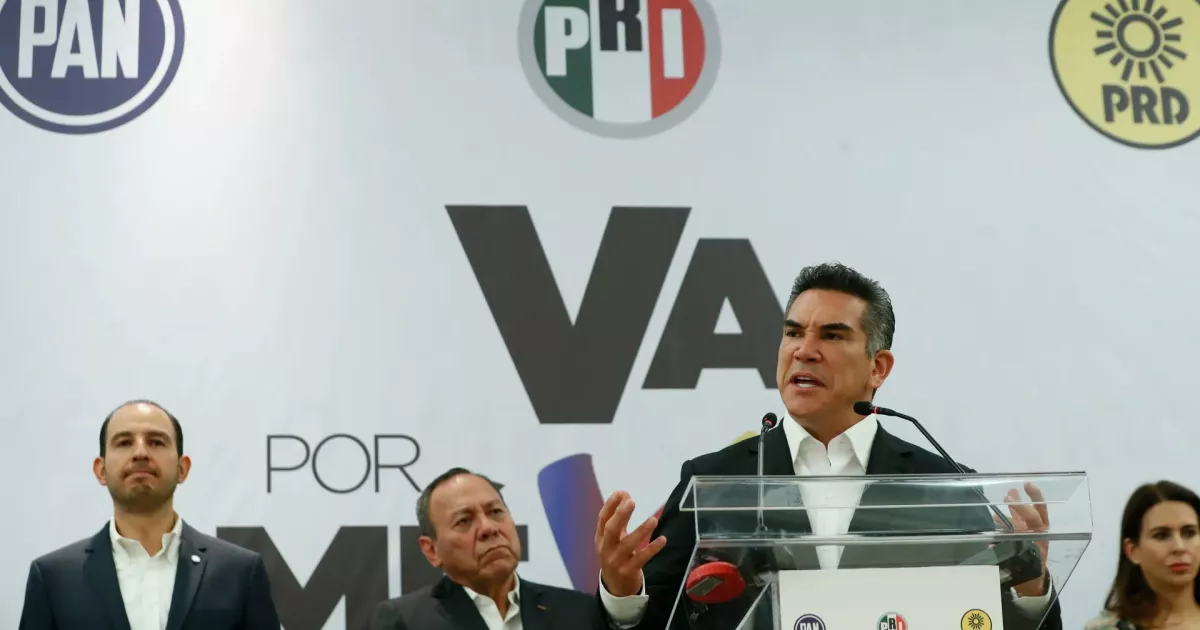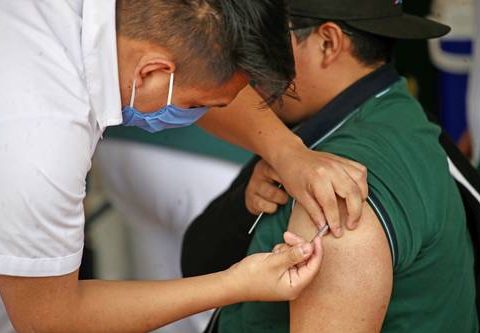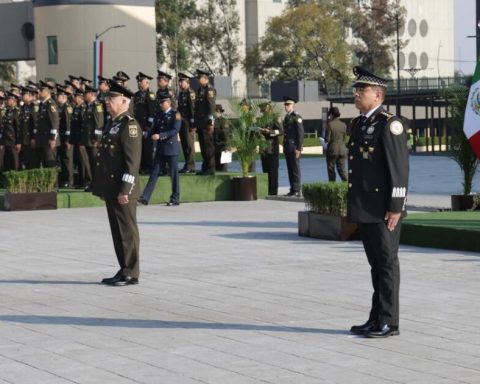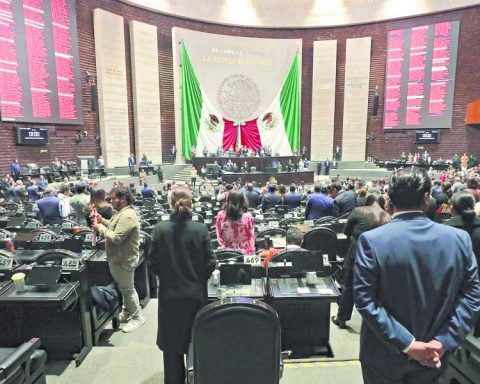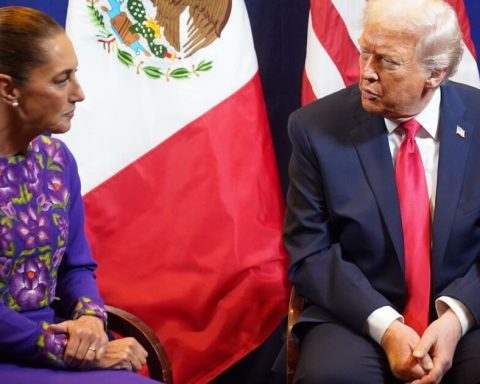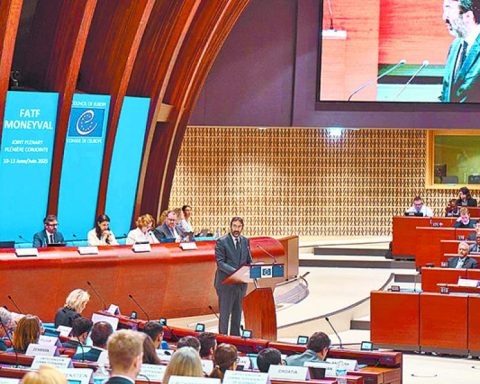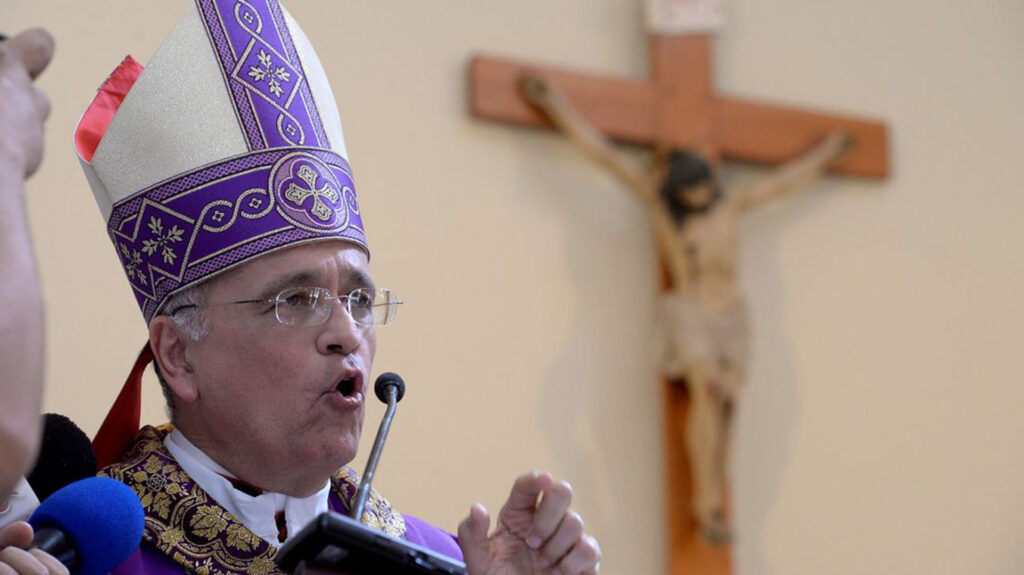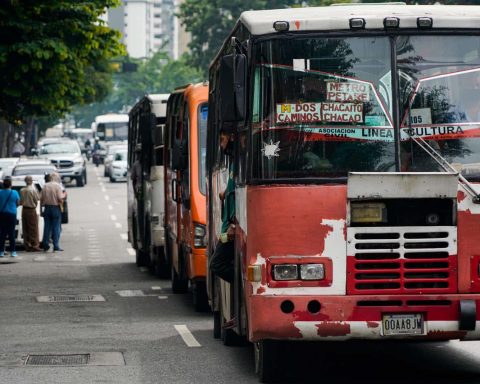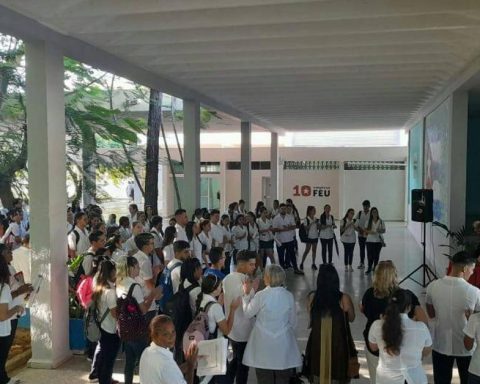This reactivation will coincide with the discussion on Tuesday, December 6, of the constitutional electoral reform, for whose approval Morena and her allies, who bring together 276 deputies, will need 54 votes (out of 69) from the PRI, in case the 500 legislators show up.
That is why the opposition has closed ranks around “Alito”, who on the other hand has warned that the resurgence of the issue is a “pressure and threat” to force his bench to vote in favor of the electoral changes, although he warned that they will be voted against.
The president of the board of directors of the Chamber of Deputies, Santiago Creel Miranda, of National Action (PAN), anticipated on Saturday, December 3, at the International Book Fair (FIL) in Guadalajara, that his party will stop the lawlessness.
Is there a tie scenario in Alito’s impeachment?
Pursuant to article 111 of the Constitution, the Investigative Section (SI) of the Chamber of Deputies is the body in charge of substantiating exclusively the procedure of declaration of origin –or impeachment– and carrying out procedures to establish the existence of the crime and the probable responsibility of an accused public servant.
Therefore, it can rule on the subsistence or not of the constitutional jurisdiction of a public servant and present the opinion before the plenary session of the Chamber of Deputies.
The Investigative Section is made up of four deputies who are members of the Jurisdictional Commission (which in this 65th Legislature are 14), which in turn is made up of legislators from the Justice and Governance Commissions.
The integration of the Investigative Section was approved on September 7, chaired by Deputy Jaime Humberto Pérez Bernabe, the secretary is Leonel Godoy Rangel –both from Morena– and members are José Elías Lixa Abimerhi (PAN) and Rubén Ignacio Moreira Valdez, coordinator of the PRI bench. That is to say, there are two deputies from the 4T and two from Va por México, so there can be a tie in the vote.
What happens if there is a tie?
The Investigating Section was installed on September 27 and by then the request for a trial of origin against the PRI leader had already been submitted for a month and a half. That is why the case of “Alito” has had delays in its processing.
In an interview that day, the president of the SI, Pérez Bernabe, admitted the possibility of a tie, when that instance was made up of 4 deputies, two from Morenistas and two from the opposition.
He also recognized that, if there was a tie, any case would be frozen.
“If there is a tie, it cannot go to the plenary session,” in accordance with the Organic Law of the General Congress in its article 45 section 7 second paragraph, he explained then.
This provision establishes that “the projects of opinion of the Investigating Section and those of the commissions in charge of resolving matters related to imputations or establishment of responsibilities, as well as impeachment and declaration of origin, will only go to the Plenary if they are voted by the majority of the respective members.
The deputy recalled that in the last Legislature it was sought that this type of decision did not end in a tie and the Law was amended so that the Investigative Section was made up of five and not four deputies. But the reform had corrections in the Senate of the Republic and was returned with changes to the Chamber of Deputies.
Given the possibility of a tie, “Alito” would be allowed to retain the jurisdiction and with that constitutional protection he would not be obliged to appear before the courts to be tried for the crimes of which he is accused, since the violation does not prejudge responsibility or not of the accused public servant.
